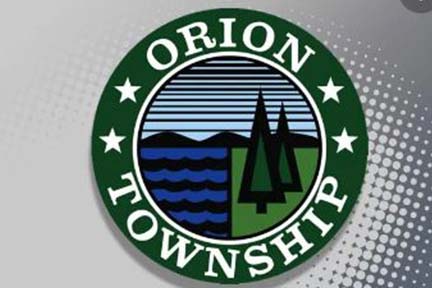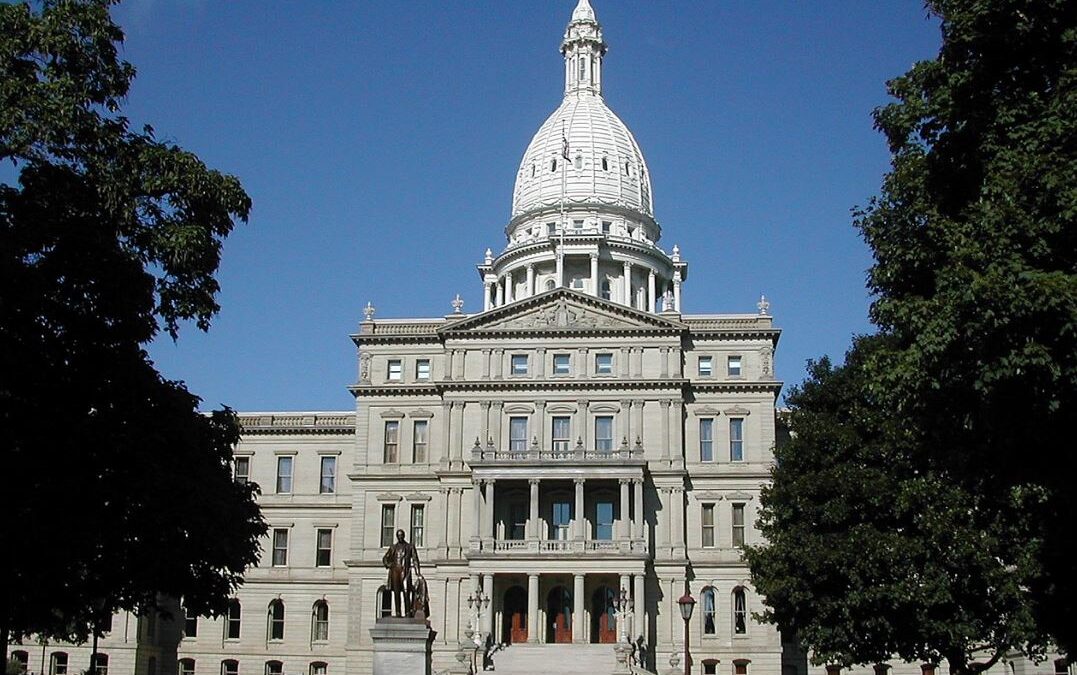|
FOR IMMEDIATE RELEASE
December 10, 2024
Contact: Ron Leix, Treasury, 517-335-2167
Shoppers encouraged to
contribute to a loved ones’
future this holiday season with
the Michigan Education Trust
MET gift brightens the season by empowering dreams and ensuring a lasting legacy
LANSING — With the holiday shopping season in full swing, Michigan families seeking meaningful alternatives to fleeting gifts like toys and gadgets can turn to the Michigan Education Trust (MET) to offer a gift that grows over time and secures a future filled with opportunity for their loved ones.
One such family embracing the idea is that of Saginaw County mother Meaghan Mitchell, who has made MET, the 529 prepaid tuition savings program administered by the Michigan Department of Treasury, a key part of her holiday shopping list for her two young daughters.
“Investing in my daughters’ education is the ultimate gift,” said Mitchell, whose daughters are both under the age of 6. “This holiday season, I’m asking family and friends to join together to consider giving them something that lasts a lifetime. MET gives me peace of mind knowing their college savings are secure, no matter how much tuition rises in the future.”
Mitchell added that her children will still get plenty of toys, games and clothing.
“That is Santa’s job,” she said.
MET allows families to prepurchase college credits at today’s prices, for use at Michigan public universities and colleges, protecting against future tuition hikes. In addition, MET funds can be used to pay out-of-state and Michigan private college and university tuition. MET credits can also be transferred to other eligible family members.
For a short time, a special holiday bonus allows purchasers to use coupon code HOLIDAY24 to waive the $25 online enrollment fee on new contracts purchased around the holidays. The waiver begins Dec. 12, 2024, and runs through Jan. 2, 2025.
“MET is an ideal way to ensure a brighter future while celebrating the spirit of giving during holiday season or any other time,” said MET Executive Director Diane Brewer. “This time of year is about creating memories and giving meaningful gifts. What better way to embody the holiday spirit than by giving a gift that supports your loved ones’ dreams for years to come?”
Families can open a MET contract by purchasing as little as one credit hour or contribute to an existing one with as little as $25. Contributions are eligible for state tax deductions, making it a smart gift for both parents and grandparents. Purchases made before Dec. 31, 2024, qualify for a Michigan state income tax deduction this year for eligible Michigan residents.
Why choose MET this holiday season?
- Tax Benefits: Contributions may be deductible from Michigan income tax.
- Flexibility: MET funds can be used at universities, colleges and technical schools across the country.
- Peace of Mind: MET protects against future tuition increases.
To make this holiday season truly unforgettable, consider a gift that grows with your family. Whether you’re a parent like Meaghan Mitchell, a grandparent or simply someone who wants to make a difference, MET is a gift that resonates far beyond the holiday season.
About MET
The Michigan Education Trust (MET) is Michigan’s 529 prepaid tuition savings program that allows parents, grandparents and others to save by buying future college credits at today’s tuition rates. Established in 1986, MET has helped tens of thousands of Michigan families save for higher education.
More information about MET is available at SETwithMET.com or 800-MET-4-KID. MET also hosts webinars throughout the year to inform families about the program’s features and benefits and offers one-on-one consultation sessions to make saving with MET more accessible.
|










